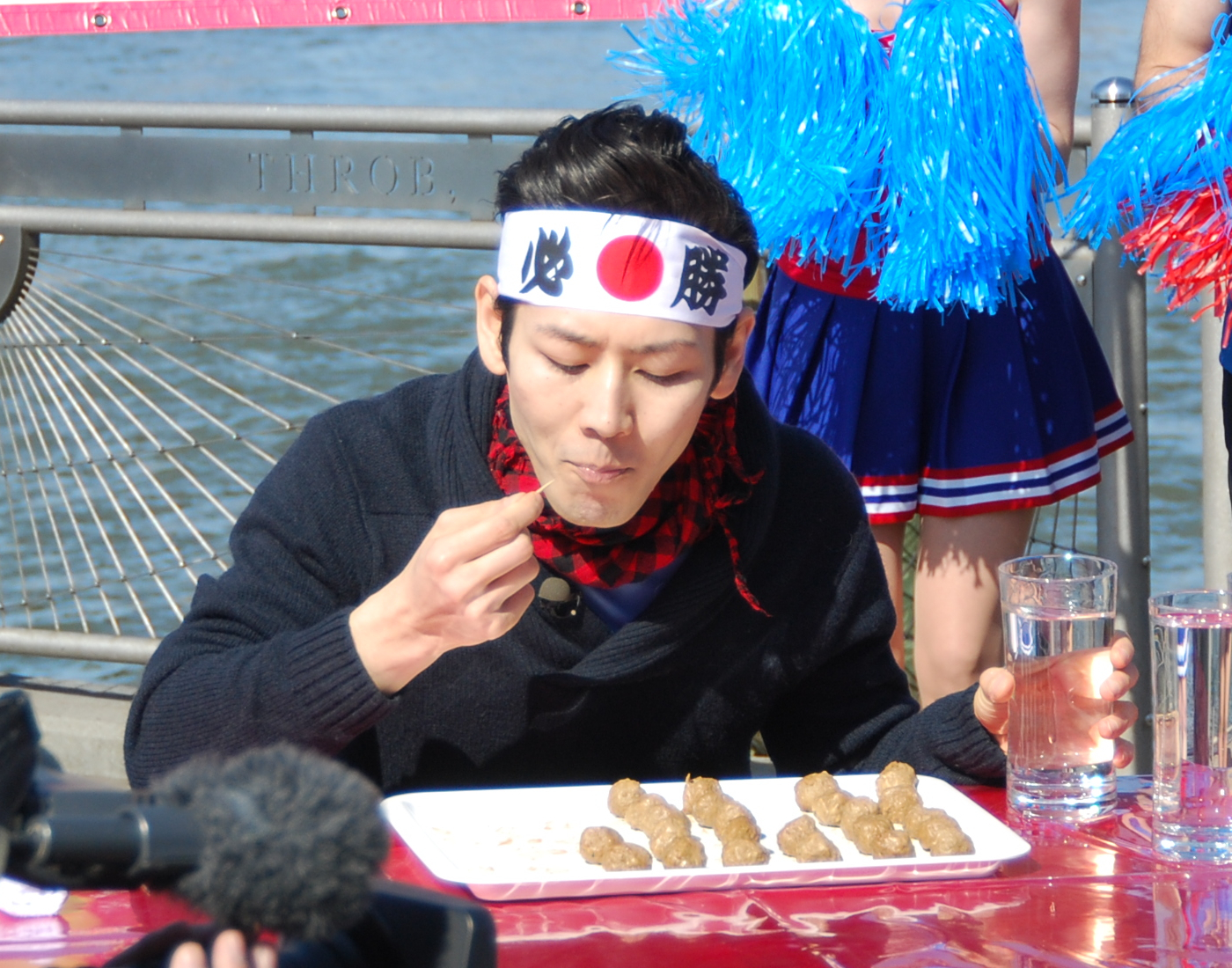鉢巻 on:
[Wikipedia]
[Google]
[Amazon]
 A is a
A is a
File:Ensign Ogawa flightgear.gif, A kamikaze pilot wearing a plain
File:0102kamikaze.jpg, Another kamikaze pilot wearing a decorated with the kanji
File:Kamikaze1.gif, A kamikaze pilot ties a on his fellow pilot
 are typically decorated with inspirational
are typically decorated with inspirational
File:KĹŤshirĹŤ Matsumoto IV as Sakanaya Gorobee by Sharaku.jpg,
 A is a
A is a Japanese
Japanese may refer to:
* Something from or related to Japan, an island country in East Asia
* Japanese language, spoken mainly in Japan
* Japanese people, the ethnic group that identifies with Japan through ancestry or culture
** Japanese diaspor ...
headband
A headband is a clothing accessory worn in the hair or around the forehead, usually to hold hair away from the face or eyes. Headbands generally consist of a loop of elastic material or a horseshoe-shaped piece of flexible plastic or metal. ...
, usually made of red or white cloth, typically featuring a design of kanji
are the logographic Chinese characters taken from the Chinese script and used in the writing of Japanese. They were made a major part of the Japanese writing system during the time of Old Japanese and are still used, along with the subse ...
at the front. It is worn as a symbol of effort or courage by the wearer, especially by those in the military, or to simply keep sweat off one's face.
History
The origin of the is uncertain. The most common theory states that they originated as headbands worn bysamurai
were the hereditary military nobility and officer caste of History of Japan#Medieval Japan (1185–1573/1600), medieval and Edo period, early-modern Japan from the late 12th century until their abolition in 1876. They were the well-paid retai ...
, worn underneath armour to stop cuts from their helmets and to make wearing their helmets more comfortable.
Kamikaze
, officially , were a part of the Japanese Special Attack Units of military aviators who flew suicide attacks for the Empire of Japan against Allied naval vessels in the closing stages of the Pacific campaign of World War II, intending to ...
pilots wore before flying to their deaths.
Styles
 are typically decorated with inspirational
are typically decorated with inspirational slogan
A slogan is a memorable motto or phrase used in a clan, political, commercial, religious, and other context as a repetitive expression of an idea or purpose, with the goal of persuading members of the public or a more defined target group. Th ...
s, such as . They are also typically decorated with the rising sun motif, usually in the center of the headband.
Common slogans
Some common slogans include: * * * * * *Gallery
Kabuki
is a classical form of Japanese dance-drama. Kabuki theatre is known for its heavily-stylised performances, the often-glamorous costumes worn by performers, and for the elaborate make-up worn by some of its performers.
Kabuki is thought ...
actor KĹŤshirĹŤ Matsumoto IV playing Sakanaya Gorobee, print designed by Sharaku
File:Tom_Coronel_2011_WTCC_Race_of_Japan_(Winner_of_Race_2).jpg, The winner of a 2011 WTCC race wears a
File:Shinya Hashimoto.jpg, Professional wrestler
Professional wrestling is a form of theater that revolves around staged wrestling matches. The mock combat is performed in a ring similar to the kind used in boxing, and the dramatic aspects of pro wrestling may be performed both in the ring or ...
Shinya Hashimoto seen wearing a plain white , a staple of his entry costume.
File:Mishima Yukio 1970.jpg, Author Yukio Mishima
, born , was a Japanese author, poet, playwright, actor, model, Shintoist, nationalist, and founder of the , an unarmed civilian militia. Mishima is considered one of the most important Japanese authors of the 20th century. He was considered fo ...
wearing a moments before his death.
See also
*References
{{Authority control Japanese words and phrases Japanese headgear Headgear